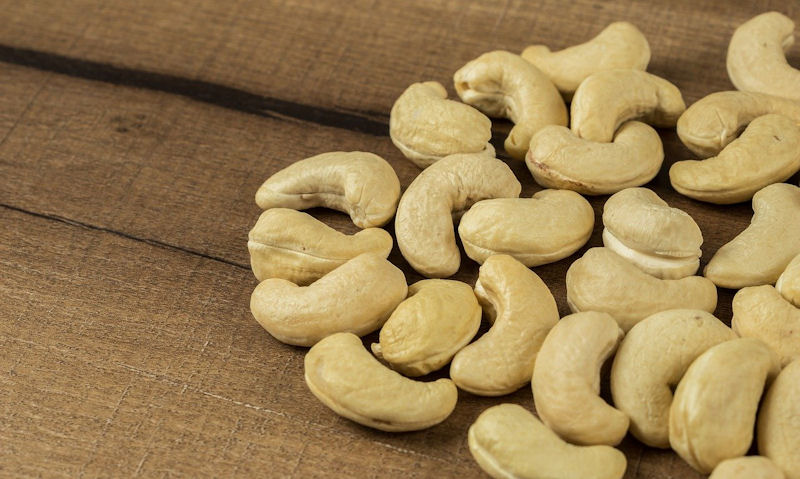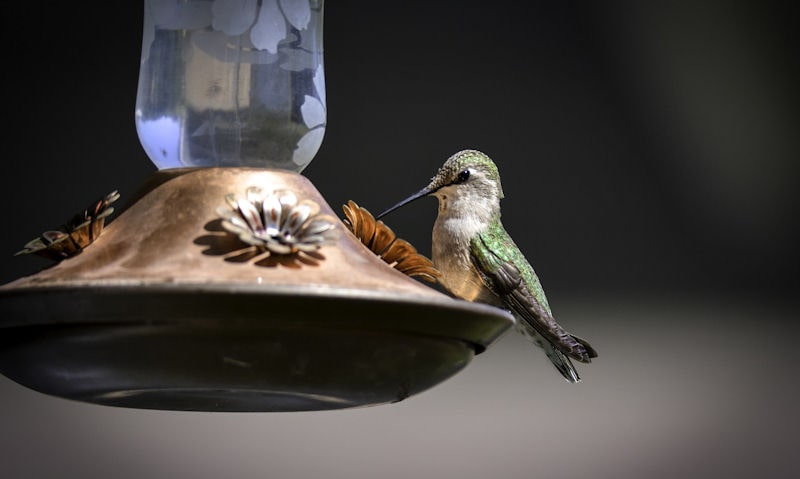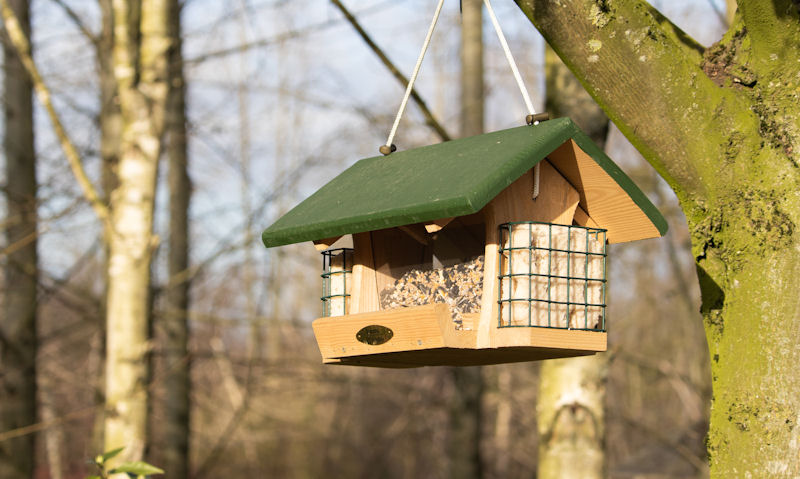Can wild birds eat Cashew nuts
Rest assured you will experience no negatives while feeding cashew nuts to wild birds in your backyard, though caution is a must.
Birds can eat cashew nuts providing you only offer the unsalted, unroasted kind that are found in the healthy living isle. Cashews must be unshelled which you'd have no trouble with, but to crush them up can assist feeding birds. Expect Jays, Chickadees and Titmice to eat cashews, along with many other species.
Cashews are yummy for people when they're the roasted, salted kind; but that is what you won't be serving up to wild birds in your yard.
Instead, you can only offer unsalted, plain old cashews to wild birds as salt or flavored cashews can cause them health issues.
Example of that is chocolate coated nuts of any kind or well known branded nuts that use a crispy coating or cover them in spice.
No branded cashews then with only those found in the healthy living section.
Simply serve up cashews to wild birds as you would when offering them natural peanuts, only you don't have to concern yourself over de-shelling cashews.
High in fibre and protein but low in sugar, so cashews are a perfect source of energy for common backyard birds.
Apart from cashews mind, you are free to offer them unshelled, unsalted Hazelnuts, very tempting Walnuts or even Macadamia nuts.
Unsalted Cashews only
Thankfully, what with unsalted cashew nuts being the way they are - which is tasteless - you won't be tempted to eat them yourself.
Its therefore only safe to feed cashew nuts to wild birds if its the unsalted selection.
No chocolate, special coatings or sauces, cashews must be served up unsalted and not roasted - so in their most natural form only - but roasted is OK if they must be.
Similarly to feeding pistachios to birds which are part of the cashew family; only cashews don't need to be unshelled in order to feed to birds.
You only need to remove cashews out of the package they came in, while then offering them to backyard birds as you see fit.
Nutritional energy food
Low in sugar, high in fibre while offering natural plant-based protein, so they're as real as they get - so similar to when birds feed on nuts in nature.
Protein is going to help the wild birds get through their otherwise busy schedule of foraging for food in the grass or up in trees - without tiring too early or exhausting with lack of energy.
While the other important nutritional value contained within a single cashew is going to be just as important.
You can never feed enough cashew nuts to wild birds in their natural form, but wild birds tend to know when they've had enough.
Cashews are an important food source to feed birds such as when eating other types of unshelled nuts - which you'd have to do for most other nuts you can buy.
Cashew eating species
Handful of backyard birds eat peanuts out in nature so its these that are going to feed on the healthy cashews you offer to them in the yard.
No shortage of wild bird species eating up cashews then with the most common backyard birds likely to feed on them being: Jays, Chickadees, Cardinals, Grosbeaks, the Junco, Nuthatches, Titmice and Woodpeckers.
Of them, peanuts kernels are a strong favorite with Northern Cardinals, Grosbeaks and the Junco - so you just might see them experimenting more on a different kind of nut such as cashew nuts.
Its also likely few backyard birds will hoard their cashew nut collection, but you won't see that ever happening.
No need to de-shell cashews of course as most of these birds would of required you to do so otherwise - or where Blue Jays are seen to crack up peanut shells to feed.
Cashew eating bird species who feed on bird feeders are only in the few; don't restrict who can eat your cashews then by only inserting them in a bird feeder.
Best served crushed
Preferably, you'd want to crush up the helping of cashews you intend to use for wild birds to save them the trouble of doing it themselves.
Simply crush up cashews in a nutcracker or bang on them as they're tucked under a cloth to stop the shell flying everywhere.
Ideally you will want to create small chunks or a certain amount of cashew bits so all types of birds - small or large - can be catered too.
To crush up cashews can save you a mess in the backyard too, as wild birds naturally fling feed in their bill to break them up - if its already crushed up then you'd likely to see less of a mess on the ground below them.
Cashews in the backyard
Realistically, its not going to make sense to store up cashews in the hanging peanut feeder, as its unlikely you won't be using many.
However, that is not to say you can't top up the peanut feeders currently filled with peanuts - with a helping of cashews thrown in on top.
To serve up cashews on their own its not a problem either, as it gives you an opportunity to observe the birds as they feed on them.
In order to do that you can use a flat surface in the backyard or place them under the bird feeding platform on a stand.
If you so happen to have any sort of suet fat balls for wild birds in use, then simply insert the cashews into the fatty balls or blocks - in which case this would be more beneficial in winter as birds store up fat.
To summarize
You are going to have no issues at all when feeding protein rich cashews to small common backyard birds - but you would need to offer them the healthy kind only.
No salted, roasted cashews that we enjoy so much then, so only the tasteless healthy living cashews found in the wholefoods section of the supermarket.
Never feed cashews coated in chocolate, spice or a crunchy flavored shell, as this kind is not safe for our birds.
Contenders to pick up chunks of broken up cashews would be a Titmice or Junco, Cardinals, Chickadees, Blue Jays and Woodpeckers - with others likely to eat any type of nut fed to them.
I mentioned broken up cashews because that's how they should be served. Be sure to crush up cashews to leave out in the yard to make it easy for birds to feed on.
To not crush them up first can only delay proceeding, but birds will eat them regardless even though it can result in more mess.


